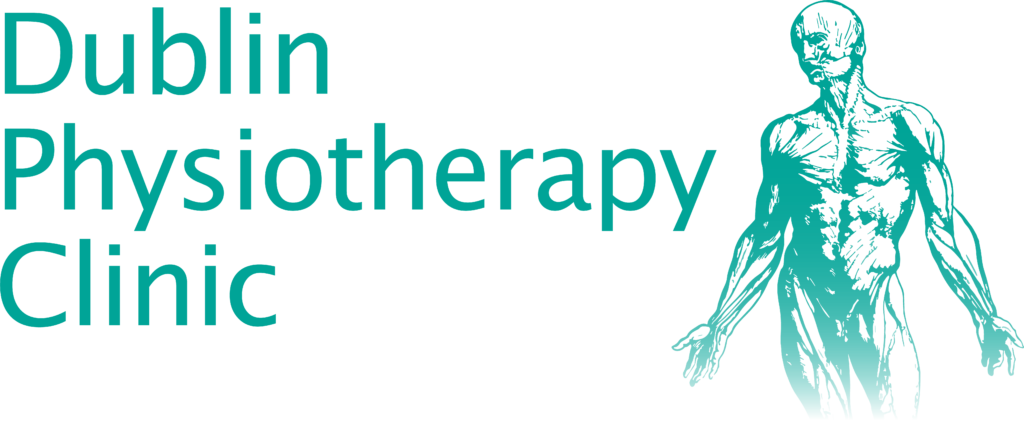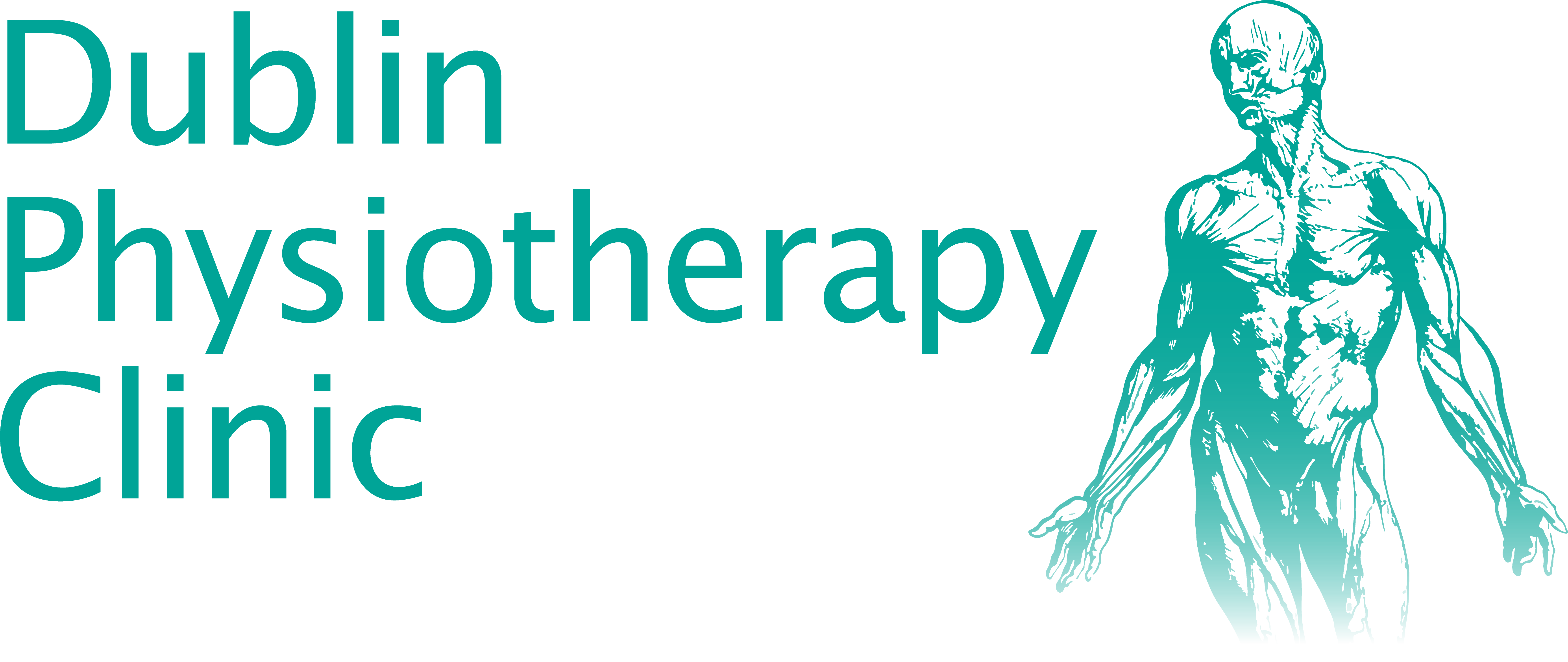David Fitzgerald from Dublin Physiotherapy is back with one of his weekly videos.
If you’re familiar with David’s vlogs then you will know that he is invested in informing his readers and patients about some of the main issues in healthcare. In today’s video, you will learn more about ‘Collaboration in healthcare’ and why this is important to you.
Watch the full video below to hear more of what David has to say or read this article for a summary of the key points discussed!
What does collaboration in healthcare mean?
As he often does, David has taken inspiration by something that recently happened to him to talk about a very important topic that all patients, as well as practitioners, should be aware of: collaboration in healthcare. It can often happen that a case of miscommunication or confusion can lead to a practitioner not informing their colleague about a patient’s diagnosis and when that happens, it can become even harder to identify the problem correctly.
In fact, if you suffer from the complex condition, perhaps a persistent problem, it might be the case that this will involve a team of people rather than just one practitioner. For instance, you might require a secondary diagnosis or a referral to another specialist.
There are a lot of different specialists that can be involved in a team and this usually depends on the starting point of your condition. The bottom line and the message that David is trying to convey with his video is that it is extremely important that all the people involved in the team are aware of the diagnosis given by their colleagues. Their diagnosis, in fact, will play a role in influencing the decision they will make, whether they decide to refer the patient to another specialist or to suggest therapy.
Essentially, the lack of communication between practitioners and/or specialists can often lead to an incorrect diagnosis and, consequently, a wrong therapy for the patient.
How can communication between practitioners be improved?
David started his work as a physiotherapist in an era when it was obligatory to write summary letters for patients to keep and, if needed, give to other specialists. This very useful practice had the primary aim to avoid the patient having to report information from a practitioner to another in a correct way – after all, patients can’t be expected to have the expertise required to remember their diagnosis in detail.
So, it really does help if the information about a patient is summarised for the next practitioners who will see them, helping them make an informed decision. There are ways of easily improving the communication between practitioners and, while the patients aren’t expected to remember their diagnosis and report back to their practitioners, it would be good for them to ask their GP, physiotherapist or practitioner to write a brief note with the details of their situation.
It is important to make sure that, if you’re getting opinions from different people, you’re clear on what their opinion is and have confidence that it is, in fact, a valid opinion. Always make sure that the specialist who is visiting you is taking time to listen to your history and formulate a diagnosis as close to the reality of your situation as possible.
There are, of course, grey areas in most cases so make sure that you discuss these with your practitioner and are confident that the diagnosis and solution they have given you is the correct one for you. And when that isn’t the case and you feel the need to seek further advice, make sure to have a referral letter or a brief explanatory note with you so that the specialist can be up to date with your situation.
The basic point of David’s video is that when members of the healthcare community don’t communicate with each other their decision might influence the healing process and, in some serious cases, the life of a patient.
So, that is all for today’s video by David Fitzgerald. Although this seems like a minor issue in healthcare, it is important for practitioners to think about the consequences that a frivolous decision might have.
It is better to be safe than sorry.




